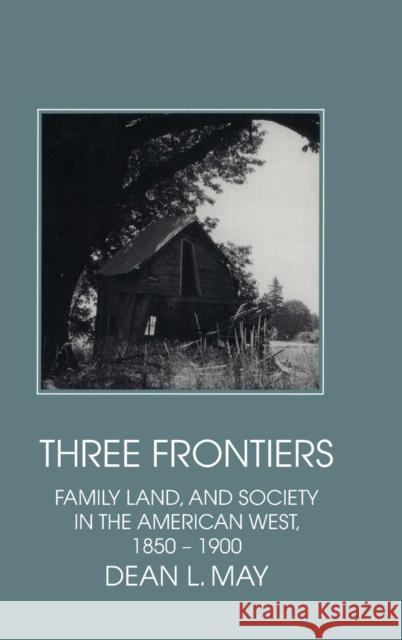Three Frontiers: Family, Land, and Society in the American West, 1850-1900 » książka
Three Frontiers: Family, Land, and Society in the American West, 1850-1900
ISBN-13: 9780521434997 / Angielski / Twarda / 1994 / 324 str.
This book explores the values and aspirations of settlers in the Far West. It compares rural people who settled in the Willamette Valley in the 1840s, the Utah Valley in the 1850s, and the Boise Valley in the 1860s. The Oregon and Utah settlers tried with differing degrees of success to resist the modernizing trends represented by Idaho, but ultimately adopted the individualistic, commercial, and acquisitive values that prevailed in the New West. How did Americans move away from a culture centering on family and kin and from attitudes that valued and protected the land, not for its commercial worth, but as the base of support for future generations? What led to our present tendency to pursue individual pleasure and material well-being at the expense of communal and broader societal well-being? These are questions central to this comparative study of three peoples who pioneered the American frontiers.











